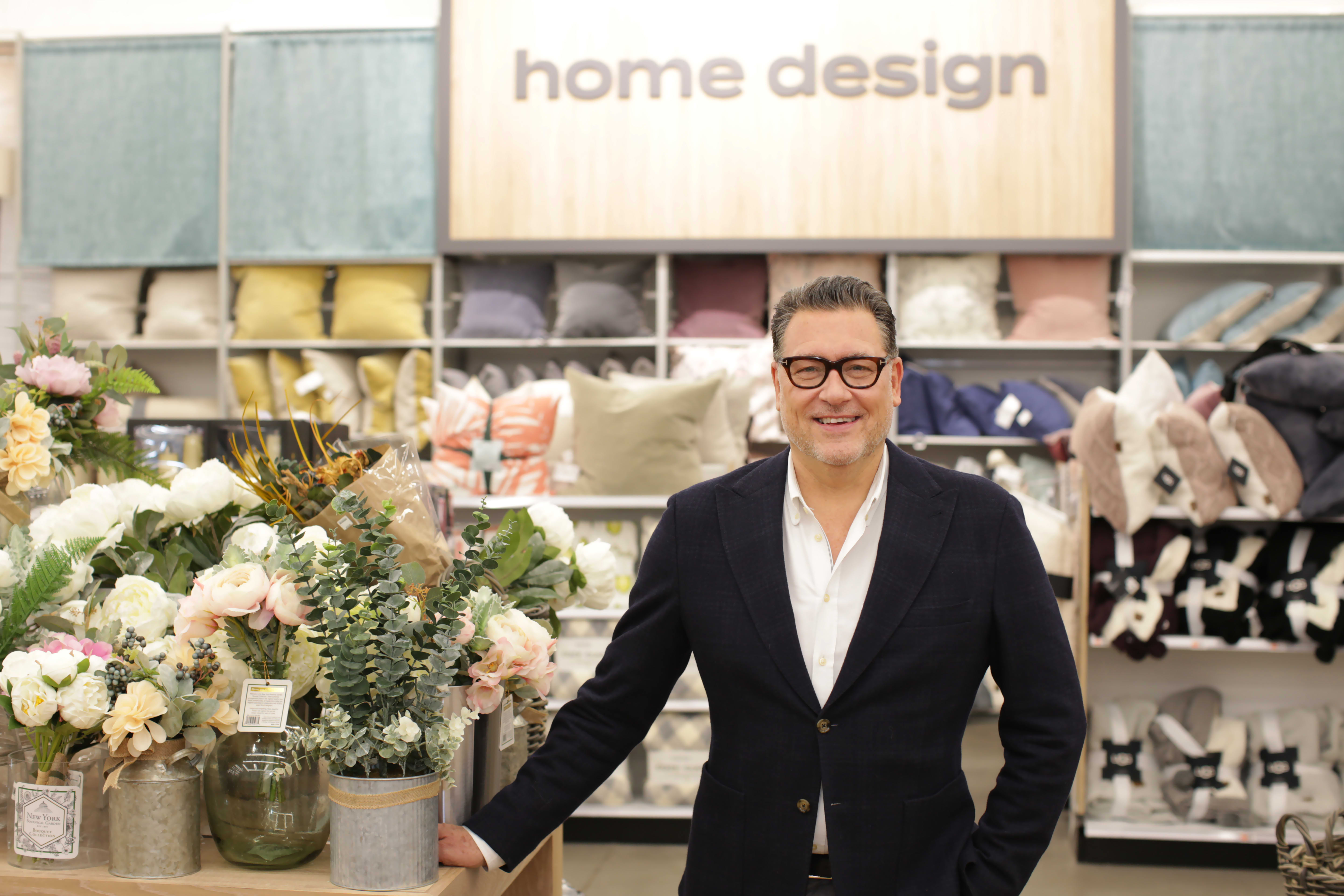When Target merchandising veteran Mark Tritton was tapped by Bed Bath & Beyond to lead its turnaround plan, many expected he would deploy some of the strategies that were successful at the big-box retailer.
Now, nearly a year after his arrival, Tritton is meeting with investors at 9 a.m. ET Wednesday to lay out a three-year road map for the company, offering fresh financial targets and the strategies to get there.
Bed Bath & Beyond said it expects same-store sales — which track revenue online and at stores open for at least 12 months — to be “stable” in fiscal 2021, and rise in the low-to-mid single digits by 2023.
Tritton already has overhauled the management team, outlined plans to shut underperforming locations and said the company is looking to gain market share in key categories like home, beauty and baby — which have become even more important for consumers during the coronavirus pandemic.
Bed Bath & Beyond shares were falling more than 6% in premarket trading Wednesday. As of Tuesday’s market close, the stock has run up about 38% this year, giving the company a $3 billion market cap.
One of Bed Bath & Beyond’s biggest initiatives is a plan to launch more than 10 private-label brands over an 18-month period beginning in March. The effort should give stale shelves a makeover and provide the retailer with items that can only be found at its stores. It is a strategy Tritton had perfected at Target, drawing in customers and boosting profit margins.
Bed Bath & Beyond said it will make $1 billion to $1.5 billion in capital investments over the next three years — to fix what many observers viewed as an out-of-date retailer, with dilapidated stores and little to offer online, before Tritton arrived.
“It’s really almost like an HGTV episode of your favorite neighborhood and a beloved house that needs a lot of work,” Tritton told CNBC in a phone interview. “We have been renovating and reconstructing and refining our home … to not only survive the current moment, but to thrive right now and going forward.”
Over the three-year span, roughly $250 million will be earmarked to remodel about 450 stores, which represent nearly 60% of Bed Bath & Beyond’s total revenue. Another $250 million will be spent on technology to modernize its e-commerce operations, and roughly $250 million will be funneled to supply-chain improvements as the company looks to consolidate some of its distribution centers. With these efforts, the emphasis will be on the retailer’s core Bed Bath & Beyond business, along with Buybuy Baby and Harmon Face Values.
To offset the load of investments, the company said it is looking to cull its network of suppliers and vendors to save $200 million to $250 million.
It has already announced plans to close about 200 namesake stores by next year, generating savings of roughly $100 million. It is simultaneously planning to open additional Buybuy Baby locations.
Earlier this month, the home-goods retailer agreed to sell its Christmas Tree Shops, its Linen Holdings business and a distribution center in Florence, New Jersey. Bed Bath & Beyond said it anticipates generating roughly $250 million from these assets — and it could sell off additional noncore assets.
Also Wednesday, Bed Bath & Beyond announced a new share repurchase program totaling up to $675 million over the next three years. A portion of the buyback will be completed through an accelerated share repurchase agreement for $225 million of its common stock. It had suspended its previously authorized share repurchase program in March due to the pandemic.
“Our decision to resume our share buyback program coupled with our actions to date to pay down debt, sell non-core assets and increase liquidity, reflect the strength of our business and financial position, capacity,” Tritton said in a statement.
During the latest quarter, Bed Bath & Beyond reported a same-store sales gain — up 6% — for the first time since 2016, thanks to rapid e-commerce growth during the pandemic. It recently announced its nationwide rollout of same-day delivery, just in time for the 2020 holidays.
Bed Bath & Beyond said it saw 2 million new customers during the quarter ended Aug. 29, many of them younger and spending more money per trip. The sales gains, plus lower spending on promotions and the use of its stores to fulfill more online orders, helped swing the company to a profit.
The true test will be if Bed Bath & Beyond, and Tritton, can keep the momentum going.
As part of its longer-term strategy to keep customers, the company said it plans to target five key types of shoppers: the nester, the minimizer, the juggler, the innovator and the creative. It also has plans to revamp its loyalty program, which is known for frequent coupons.
In an increasingly competitive market for home furnishings and other accessories, though, it must compete with Amazon, Target and Wayfair.
“While the retailer has made quick progress during the past few months from an omnichannel perspective, we believe they still lag peers in capabilities, which should disadvantage them as industry e-commerce penetration accelerates,” Jefferies analyst Jonathan Matuszewski said ahead of Wednesday’s meeting.
Tritton is feeling good about Bed Bath & Beyond’s chances.
“Last year, we had a lot of self-inflicted wounds by not being in stock of core products, and not managing our promotions and our pricing correctly,” Tritton said. “We eroded gross margins. We left dollars on the table.”
During the all-important holiday season, the company anticipates having the items customers want in stock, while still cutting inventories by about $1 billion in 2021 versus 2019.
It also anticipates boosting its profitability. Bed Bath & Beyond forecasts a gross margin rate of about 35% in 2021, expanding to more than 38% by 2023, as it leans into its higher-margin, owned brands and closes unprofitable locations.
